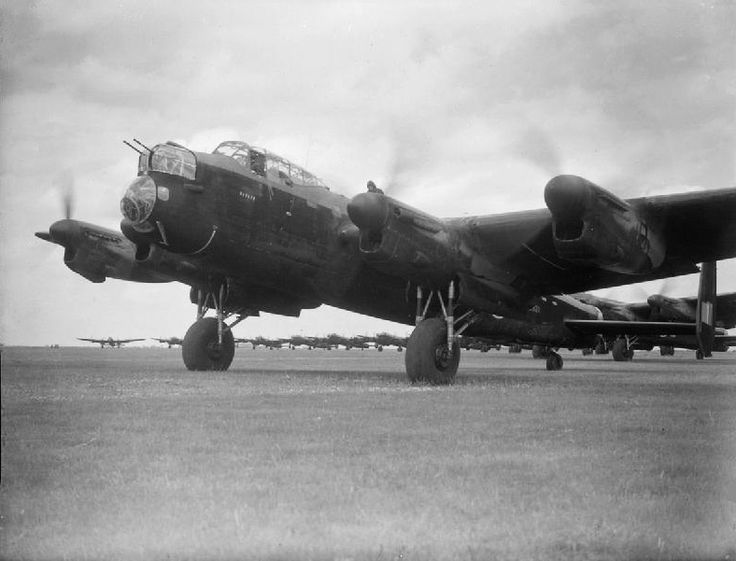
Some of the connections to the story of the crew are tenuous to say the least but that fact notwithstanding, the content is always interesting and well written. But throughout the book the author uses their story to take the reader off at a tangent to recount the development of the bombing campaign against Germany. The story of one crew is the central theme, from joining up to the parting of the ways, told chiefly through the recollections of the one surviving member. Like the 1997 film 'Titanic', which wasn't just about the ship, 'The Crew' is about much more than the title suggests. 'A remarkable insight into the bravery, determination and skill of British Bomber Command crews during WWII' Waterstones. 'A fascinating and fast-paced account of the exploits of an Avro Lancaster bomber crew from 97 Squadron RAF' The Herald. This book has a heart and soul' The Times. Price has given the bomber offensive a human face. 'A sensitive account of the bomber's life. The drama and anxiety of individual missions – to Kassel, Munich and Augsburg as well as Berlin – is evoked with thrilling immediacy while the military events and strategic decisions that drove the RAF's area bombing campaign against Nazi Germany are interwoven deftly with the narrative of the crew's operational careers. Gloucestershire-born bomb aimer Ken Cook, hard-bitten Australian pilot Jim Comans, Navigator Don Bowes, Upper Gunner George Widdis, Tail Gunner 'Jock' Bolland, Flight Engineer Ken Randle and Radio Operator Roy Woollford were seven ordinary young men living in extraordinary times, risking their lives in freedom's cause in the dark skies above Hitler's Reich.įrom their earliest beginnings – in places as far apart as a Cotswold village and the suburbs of Sydney – through the adventure of training in North America and the dread and danger of the forty-five bombing raids they flew with 97 Squadron, David Price describes the crew's wartime experiences with human sympathy allied to a secure technical understanding of one of the RAF's most iconic aircraft. The Crew, based on interviews with Ken Cook, the crew's sole surviving member, recounts the wartime exploits of the members of an Avro Lancaster crew between 1942 and the war's end. But a lot of that came down to having numbers on our side, the Germans weren't willing to lose short term success to long term survival.A moving tribute to the sacrifice and bravery of the fliers of RAF Bomber Command. USAAF, US Navy, and British RAF did it much smarter, getting pulled from operational duties after so many missions, about that time when they're mentally spent, and then using them as instructor pilots, teaching the next generation in the most up to date and innovative TTPs, or other non combat duties before promotions and higher command duties back in theater if time permitted. Its the reason they could rack up so many kills, they flew the whole war and often had their entire squadron just to support them. They weren't ever pulled off the line, instead they used them up until they were gone, being replaced by far less experienced pilots who never received top notch training because their instructors were mediocre pilots, not the best. Luftwaffe sacrificed all their best pilots, period. British invested a lot of tech and training to be proficient at night, by end of war their look down radar allowed them better, but not good, accuracy at hitting specific city districts, their TTPs were pretty good, though German countermeasures were also good too. Nor suggesting 8th or 15th AF only flew day, but most missions for RAF, ever after the Big Week and CBO missions directed against Luftwaffe, were night raids, most US missions day. I'm not suggesting RAF Bomber Command only flew night, they went after V1/V2 sites during day, after ports, dams, etc.

German nightfighter aces ran up huge scores, with the top ones scoring well over a hundred kills. It should also be noted that the germans sacrificed some of thier best night fighters by trying to use them in daylight to stop the American bomber offensive. Those poor, brave bastards.The Brits were able to switch to day ops late in the war after the USAAF had won daylight air superiority over Germany. They thought it was safer, yet still lost 1/3 of total bomber crew personnel who served in war.


 0 kommentar(er)
0 kommentar(er)
